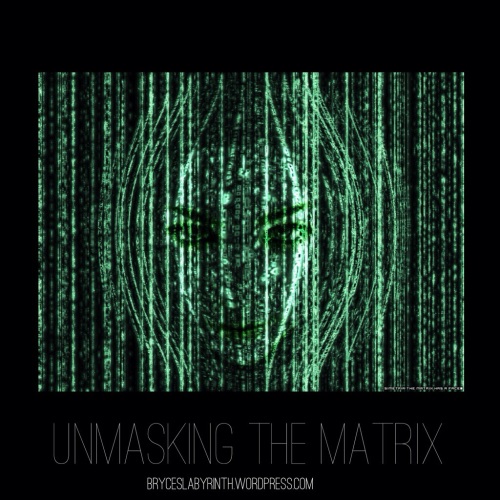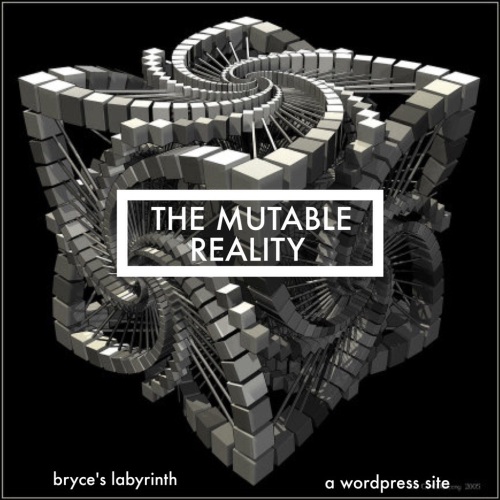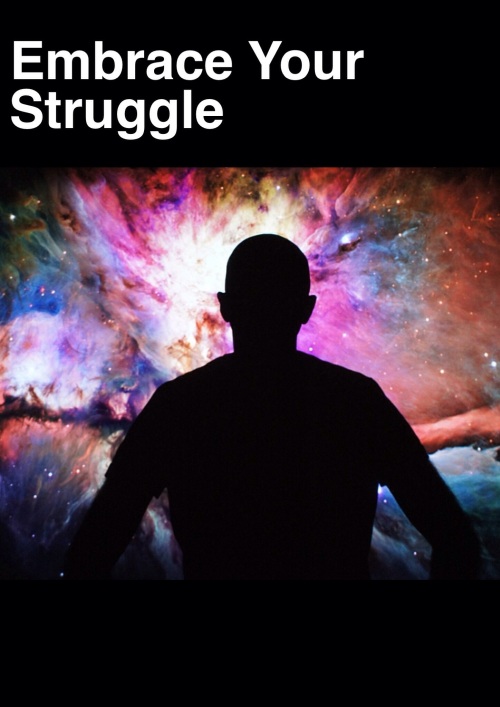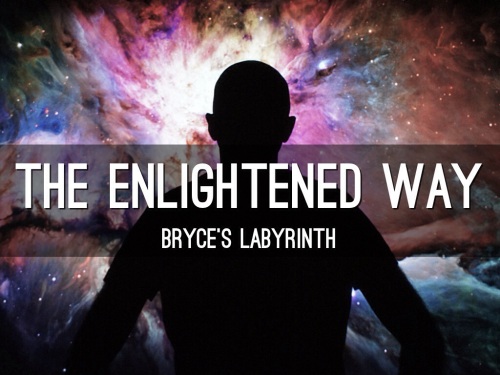Faith Beats Logic
I started on a journey the summer before my junior year of college. That was the year I started asking God for wisdom.
My junior year I transferred to a different university on a basketball scholarship. Within 72 hours of arriving, I was doing two-a-day’s in an unfamiliar place with complete strangers. The only bonds I had were with my best friend who would leave to get back with her abusive ex boyfriend two weeks later and my teammate who had thrown me an alley oop during my recruitment trip.
I had started praying for wisdom about three weeks before.
In my backpack I carried a book by Mike Murdock The Wisdom Commentary, which I read vociferously. I studied that text as closely as I could, often times reading a passage at 5:47AM before heading to a grueling practice.
During that year, I would learn things about my resiliency that I didn’t think possible. I struggled. I suffered. I conned and stole to feed myself. I was on a grind that I couldn’t fathom.
I fondly referred to it as my “incubation” year. In Christian mysticism, especially esoterica that references the Prophets of the Old Testament, one can find references about places that God would take these holy men to in order to consecrate them for a life of service to His wisdom. They were generally caves. Incubation sites were places where God would speak to men in visions and the necessarily rugged terrain and paltry circumstances forced them to act upon faith.
I was inspired.
My journey to wisdom, however, had only just begun.
Upon my return to my original university, I was faced with a predicament. I was no longer on scholarship, but required to saddle on astronomical amounts of debt to fund my education. I had little more than faith to go off of.
I prayed even more.
Graduation represented a curious junction. While I knew implicitly that I was shit out of luck, I found myself sitting on the couch of a former associate and eventual business partner and best friend, planning a business that would revolutionze the stultified American corporate system.
More prayer.
As my work waned, bills soared, and mistakes tripled, I found myself next to desolation facing threatened law suits involving failed business projects, Sallie Mae blowing up my phone, and the only place to lay my head being my parent’s couch that wasn’t long enough to found my entire six foot five frame.
I prayed several times a day.
I have always had an unrelenting curiosity regarding the human condition. I found most matters of business — interaction in general — trivial unless it specifically addressed the concerns and dynamics involving two humans. I found myself asking people, “what does it mean to be human,” and being more interested in how they physiologically and emotionally responded to the problem, rather than the answer itself. More and more I probed the minds of my students, their intentions, their schema — there construction of the world in toto until I couldn’t stand the lack of veracity in my actions.
There had to be answers. My prayers abruptly changed.
In July of 2014, I took a Commuter Express bus to the psychology offices of Michelle K. Conover begging for a chance to learn about the emergent structures of brain activity. I had spent the prior seven months studying physics concepts like relativity and quantum theory, neuroscience, and mathematical formulations. I would sit on the same couch I woke up and fell asleep upon for 10 or more hours, getting up only to use the restroom, get a snack, or go to Long Beach to teach young men about the material I was ingesting. When I met Dr. Conover, my world changed.
More prayer. Mostly to not get sued for my temerity during my years of entrepreneurship.
The more I consumed the information in the hallowed tomes I had access to in the clinic, the less my mind was focused on faith and its legitimacy. I found my lexicon changing ever so slightly from the nebulous constructs of destiny and purpose to the concrete concepts of executive functioning and verbal fluency. Science was representing the end-all be-all to my questions of existence…
By February of this year, I was at odds at most of the ideas I had held dear since childhood. Gone were the days of ambiguity — my focus was squarely on the activity of the nervous system.
The more efficient I became in the process of scientific inquiry, the more I began to recognize the idiosyncrasies of life as Homo sapiens — curiosity mounted exponentially.
My curiosity led me to a vista that I can never turn back from:
The constancy of life.
Science is, singularly, the most misunderstood concept in contemporary society. Unlike religion or religio-philosophic frameworks, science answers very few questions. The goal of science is not to elucidate objecctive phenomena in the universe, but to extricate itself from the bounds set on it by being bound by the limits of humanity.
Science, taken in its entirety, is much more a verb than it is a subject. It is action oriented — thus it is only as powerful as the parameters set on it by the agents of inquiry.
The peculiar nature of science and humans is that science elucidates the mechanisms by which science is set by said humans. It is the purest form of regressive recursion because it requires that the agent, the human, frame a question in the nature of its own framing. The science of science and humans requires subject matter and subsequent actions to be formed from the same wellspring: that of the mind.
Those who argue that Faith is greater than Logic have tapped into a fallacy that is only half right. More apropos would be the conjecture that faith exculpates one from the tyranny of validation and verification making decision making a hugely more efficient cognitive process. Rather than being bogged down by the particulars of logicial consistency, predictive accuracy, and indepedent verity, faith leverages the power of biological resilience to render an internal narrative that favors survival.
This is huge.
Notice that I have not denounced nor decried faith. This is because rather than attacking it as being ontologically invalid, I have instead seen this mental phenomena as an evolutionary marvel.
I am a semantic nihilist meaning that I do not believe in “meaning” outside of the mental architecture unique to every person. The rich psychological worlds we existe within are instantiated in development as words, phrases, and everntually ideas. Stated plainly: meaning means nothing without the words we use in our inner mental lifes.
Words are the mind’s currency for purchasing and leveraging the deluge of information pouring in from the senses. Meaning, and rightly so, emerges from the unique interaction between innate structure (neural networks orchestrated by proteins) and the environment that a human finds themselves within.
The immediate precipitate of these premises is that the mind will create a story in which its survival is a probabilistically raised.
This is neither right nor wrong. Right and wrong, also being relative structures, must be couched within the context of the mind of the individual doing the discerning. The processes by which we decide right and wrong are mentalistic ones; that is, they are result of the exact same brain attempting to construct a narrrative based upon the physiological responses, emotions and feelings, that shoot up into conscious awareness as conviction.
Faith and empirical study are two sides of the exact same coin. They are mediated by significantly different neural substrates, undoubtedly, but they can be treated as siblings.
Your nervous system is not just that which you are aware of. It is a compositional miracle of nonconscious and conscious program buzzing about predicting, testing, and learning about the environments it finds itself immerse in. Further more, it is communicating with itself about the internal world of the being it animates and informs.
Science is not in the business of causing anyone to believe anything. Science is a process of creating compelling evidence upon which the thinking agent experiences feelings.
Faith is not superior to logic. They serve two different purposes for the exact same goal: survival. Again, this does nothing to the structure of faith. Faith serves a purpose — especially when that faith is being questioned via the processes of science.
For those that trumpet that faith trumps logic, my question is, “what is your definition of logic?” More often than not, the worm on the end of the line begins to squirm as they answer the question using faulty logic. Humans creat their own version of realitythat exists as a subsystem within a syestem. There are no avenues that lead a human to functioning intrinsically outside of the capacities of a human.
What most people delude themselves into thinking is that they possess an objective rendering of the universe, when they actually have is a mental, word-laden world within which the narrative creaties its own internal consistency.
People create worlds that answer themselves by invoking themselves.
Rather than saying that faith supersedes logic, the words most people are grasping at, but lack the technical ability to explain, is that their definition of faith is anemic and they are willing to let the universe do its thing. There is no shame in that. Probabilistically speaking, chances are good.
When humans begin to acknowledge and embrace the processes and limitations of human ability, then turn their modes of inquiry into that limitation, they will appreciate the semantic construction of reality AND the humans within it. The semantic construction of reality does nothing to invalidate the robustness of personal conviction, but instead explains it in terms that speak to the functionality of the individual themselves.
Moreover, cognitive psychology and psycholinguistics have done a great deal to show that our word structures are associated with many other word structures. This is where the danger lies because as one is contructing their inner narrative, the words they choose to instantiate their reality might be attached to other implicit associations, rendering a reality that replete with ignorance, bigotry, and inaccuracy.
Taking your rendering of reality and seeing it as an absolute is the first step to ignorance. Faith, like that I had my junior year, has valid, protective purpose.
I simply implore you to research the difference.






